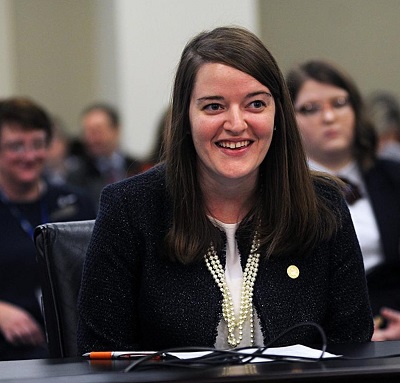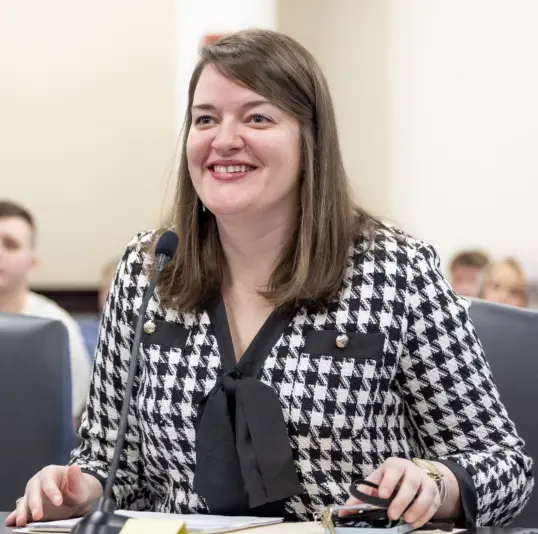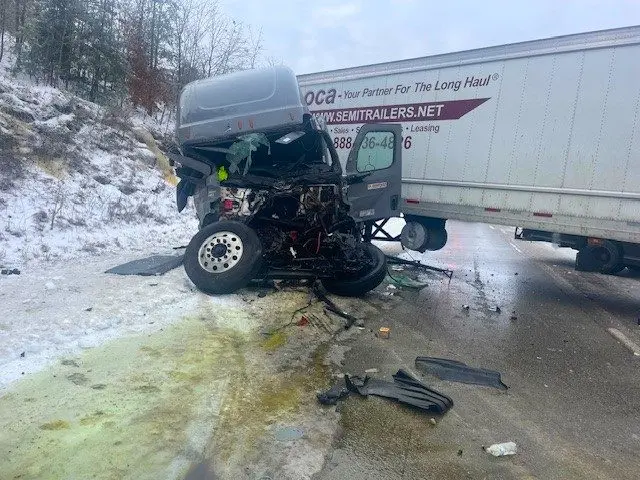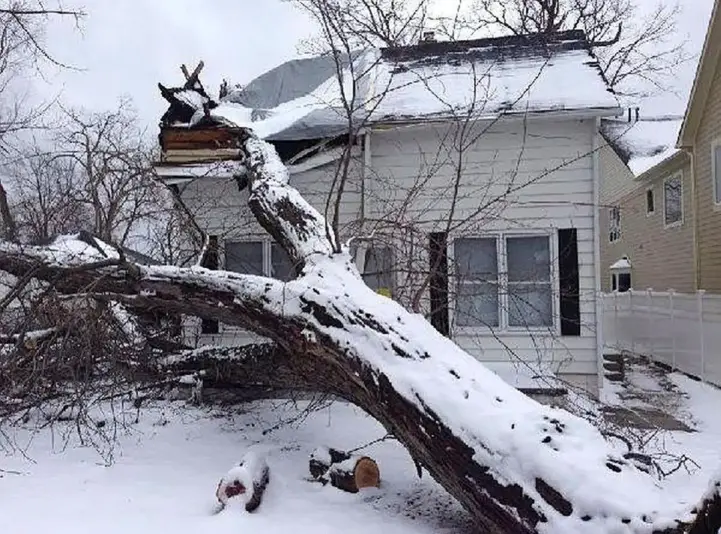
Last week was another week full of meetings in Frankfort as several committees met to discuss everything from COVID’s impact on our local communities, to updates on transportation related infrastructure.
In addition to committee meetings, we also took time to commemorate Farm Safety Week, Farmer Suicide Awareness Day, and World Alzheimer’s Day. Each of these are important and I am proud to report we have worked on legislation to build awareness of them.
IJC on Transportation: Members discussed highway safety, school safety, and the potential impact the federal infrastructure bill will have on the state.
Secretary Jim Gray noted that all potential revenues discussed in the meeting are considered speculative as the Infrastructure Investment and Jobs Act still must pass the House on a federal level. Gray says though this is meant to give the nation a large economic boost, it would not provide a cure for Kentucky’s infrastructure needs. Gray says the state could receive roughly 683 million over the next five years for highway and bridge projects.
Gray highlighted other competitive grants that would require Kentucky to come up with at least 20 percent of matching funds to receive money for megaprojects such as a Brent Spence companion bridge and I-69 bridge.
IJC on Local Government: Members met Tuesday of last week to consider the impacts of COVID-19 on local health departments as well as the fiscal damage sustained by utilities. According to testimony, health departments across Kentucky are struggling with the effects of COVID as we round the 18th month of the pandemic.
Issues faced through this period of time have ranged from personal protective equipment supply issues, and battling the influent demand for testing due to schools being back in session. To combat these pressing matters, health departments began implementing provisions found in legislation passed during the 2021 Extraordinary Session, such as SB 1, SB 2 and SB 3.
The legislature also appropriated more than $69 million to further enhance testing infrastructure as well as acquiring additional monoclonal antibody treatment.
IJC on State Government: Legislators on this committee discussed the future of remote working in state government.
At the onset of the COVID-19 pandemic, the majority of Kentucky state government employees started working remotely. Over a year and a half later, many executive branch employees remain working from home. The personnel cabinet shared, beginning July 6, 2021, and thereafter, employees of the executive branch will continue with the following three work options: 100 percent in the office, telecommuting on a hybrid basis, and 100 percent telecommuting from their remote workstation.
The cabinet indicated 50 percent of the executive branch will be working full-time in the office, 37 percent will be telecommuting on a hybrid basis, and 13 percent will continue working on a fully remote basis.
IJC on Health Welfare and Family Services: Committee members took a look at the vaccination rates to see where we are and how we are doing statewide. They also continued the conversations around hospital capacities and workforce shortages.
Administrators shared that the state is seeing a slight decline in patients battling COVID-19 and that the number one concern is staffing issues. Legislators continued their discussion around short-term fixes and long-term solutions to the administrative costs of health care and the workforce shortages that have plagued the Commonwealth for many years. The committee also received an update on HB 129 (2019) and local public health department transformations.
IJC on Economic Development and Workforce Investment: Two legislative proposals were presented at this meeting. The first would allow workers who leave a job due to circumstances resulting from domestic violence to claim unemployment insurance benefits. I am proud to be a primary co-sponsor of this piece of legislation with Representative Nima Kulkarni.
Members also heard a presentation on prefiled legislation aimed at making the American dream of home ownership more accessible by creating the Kentucky Affordable Housing Act. Finally, members heard a presentation from the guild of brewers, lending more information about the rising craft brewery industry in Kentucky.
IJC on Licensing, Occupations, and Administrative Regulations: Members reviewed current licensing requirements for Audiologists, massage therapists, and HVAC personnel. Kentucky currently has the most stringent Audiologist licensure laws in the nation, requiring an Audiologist to have two certifications; one for their practice and one to dispense hearing aids.
Clearly it would be far more efficient to combine the licensure to eliminate some of the unnecessary bureaucracy and help simplify the process for audiologists who are entering the workforce after obtaining their Graduate degree.
IJC on Veterans and Military Affairs: Committee members met to discuss defense communities within the Commonwealth.
Lawmakers heard from The U.S. Army Fort Knox reported that they are home to 9 General Officer commands with a central role in recruiting, training, and supporting the fighter worldwide. This makes for a promising future for the army as Fort Knox is ready to meet the urgent national defense needs.
Fort Knox is considered an “economic beast” with an annual economic output of $2.6 billion. This base has brought in approximately 22,000 military, civilian, and contractor jobs on the installation and 13,000 indirect jobs supported off of the installation.
The army is also advocating for active-duty soldiers who must pay sales tax on their vehicles once they move to Kentucky. Though they believe active-duty soldiers should still pay a registration fee, they would like to see sales tax eventually waived on vehicles bought out of state.
Fort Campbell is home to the Army’s most deployed units; 101st Airborne Division (Air Assault), 160th Special Operations Aviation Regiment, and the 5th Special Forces Group (Airborne). Fort Campbell reported they have nearly 28,000 active-duty military, 65 percent of which live off-post. Currently, there are nearly 51,000 family members, 6,500 civilians, and 1,600 contract employees to account for as well.
The Bluegrass Army Depot is Kentucky’s only defense industrial base organic facility. The Depot employs about 1,500 people who destroy the last stockpile of the nation’s chemical weapons of mass destruction. It is reported to not be operating right now because all the hospitals in the community are full.
As always, I hope you will feel free to contact me with any questions or issues. I can be reached here at home anytime or through the toll-free message line in Frankfort at 1-800-372-7181. Please feel free to email me at Samara.Heavrin@lrc.ky.gov. If you would like more information about any of these committees or legislative actions, you can visit the Legislative Research Commission website at legislature.ky.gov.
State Rep. Samara Heavrin, R-Leitchfield








